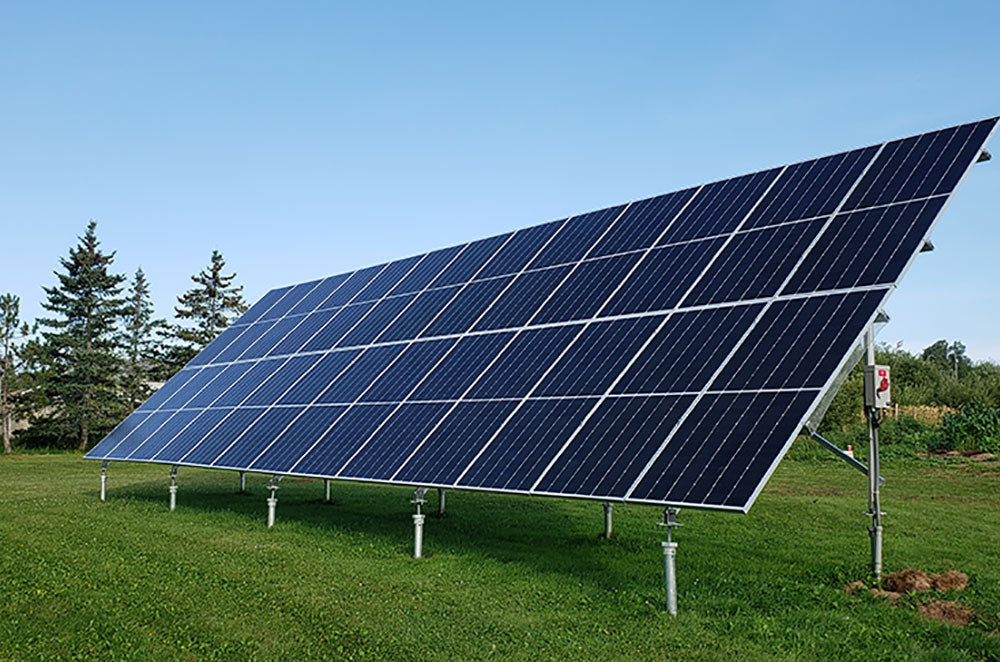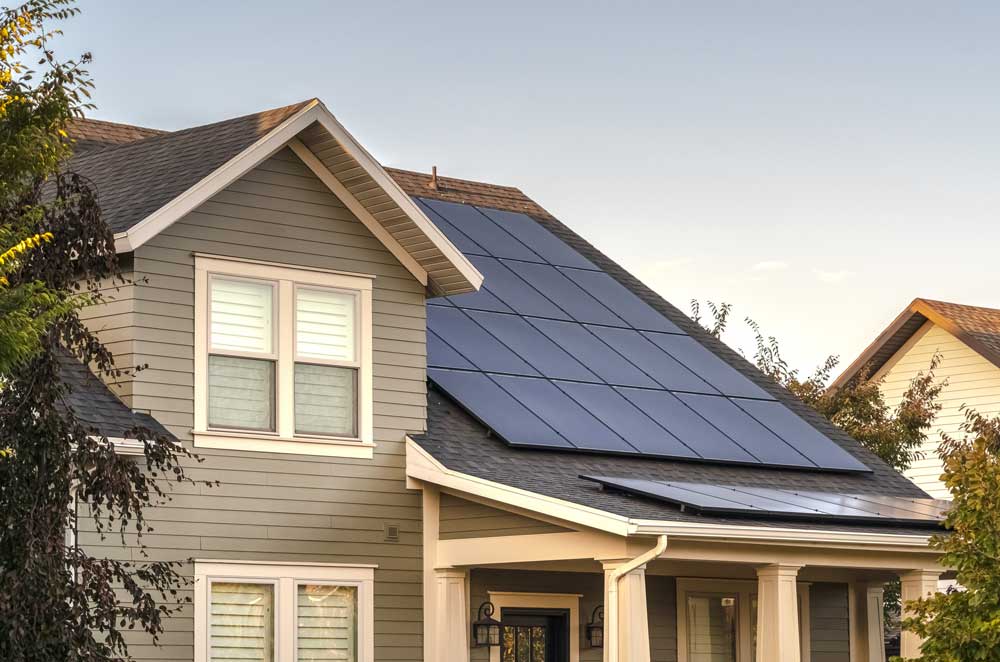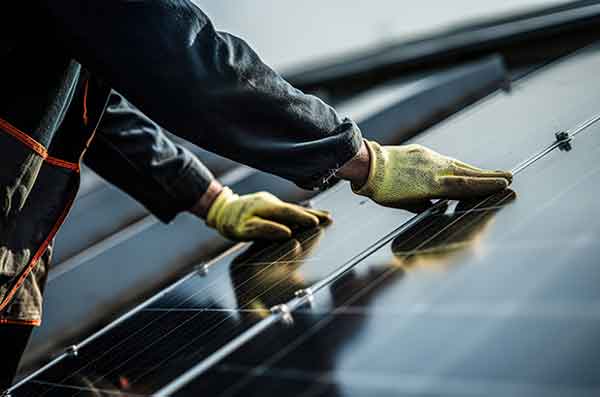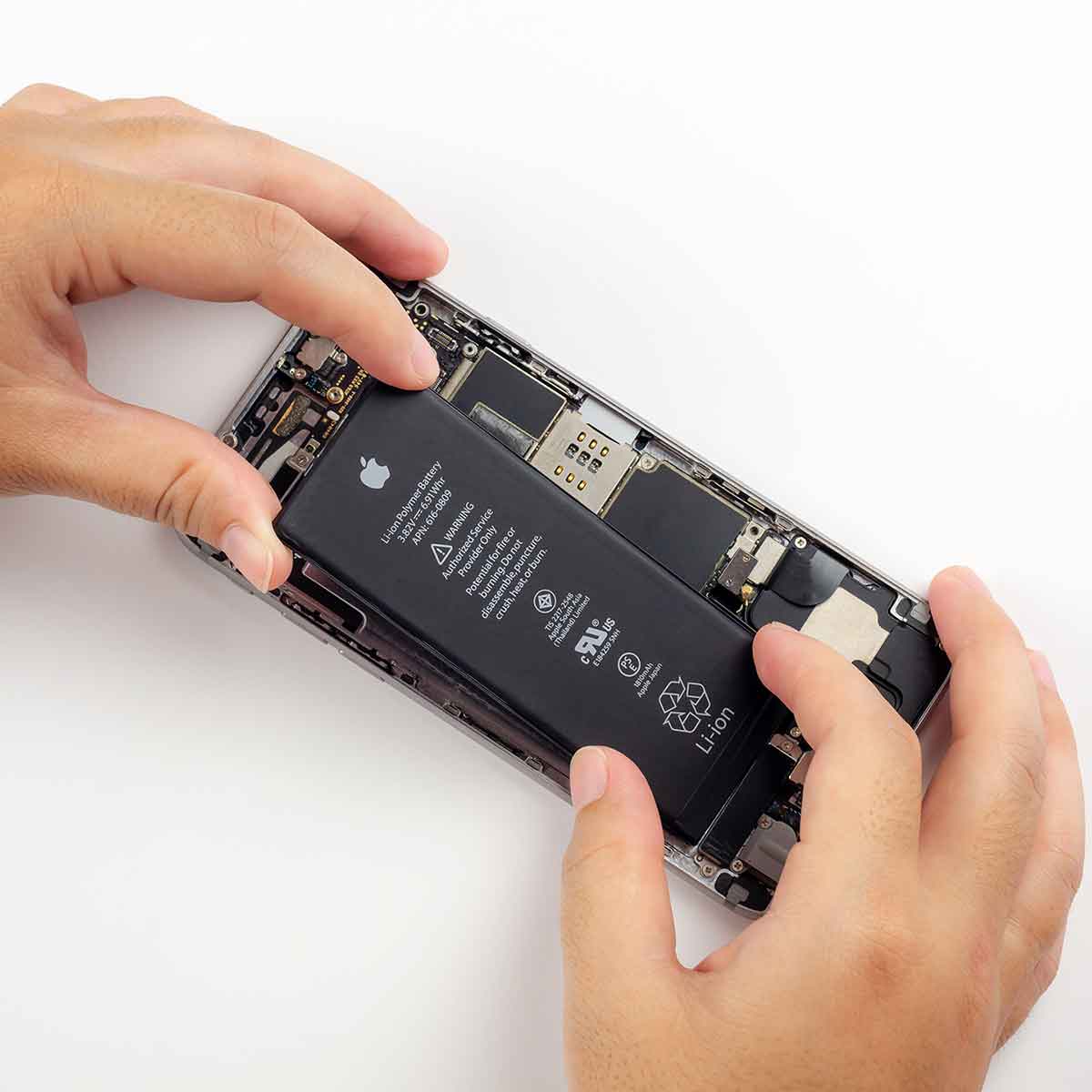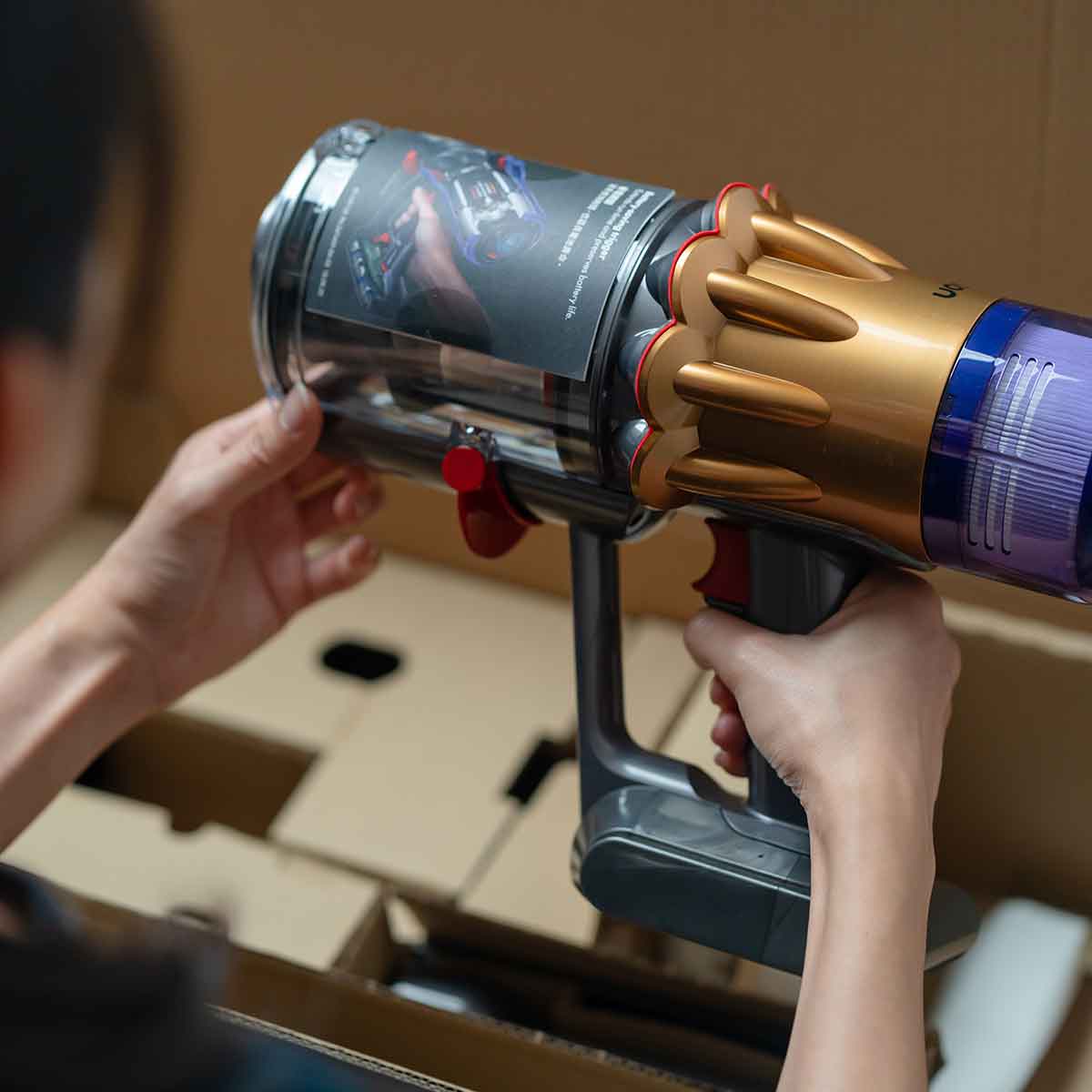FAQ
Welcome to our FAQ page, where we provide comprehensive answers to common inquiries regarding our high-quality replacement batteries and solar energy solutions. Our goal is to ensure that you have all the information necessary to make informed decisions about reviving your devices and enhancing your energy independence.
BATTERY QUESTIONS
Are aftermarket batteries as good as OEM batteries?
While many aftermarket batteries offer comparable performance to OEM batteries, it's essential to choose reputable manufacturers and dealers. Factors like battery capacity, cycle life, and safety features should be considered. You can be confident in the quality of any battery purchased from Clear Power Solutions.
Should I let my cell phone get very low or go dead before recharging it ?
It's generally not recommended to let your cell phone battery completely die. While modern lithium-ion batteries are more resilient than older technologies, frequent deep discharges can negatively impact their overall health and lifespan.
Here are some tips for optimal battery health:
- Avoid Deep Discharges: Try to keep your battery between 20% and 80% charge.
- Moderate Charging: Charging to 80-90% is often sufficient and can help extend battery life.
- Avoid Extreme Temperatures: Extreme heat or cold can damage your battery.
- Use Original Chargers: Using third-party chargers can potentially damage your battery.
- Software Updates: Keep your phone's software up-to-date, as updates often include battery optimizations.
By following these guidelines, you can help maintain the health of your phone's battery and prolong its lifespan.
How long will replacing my cell phone battery take?
The time required for a battery replacement varies. For simpler replacements, it can be done in about 45 minutes. For more complex replacements like some Iphones, it may take a few hours. You can typically pick up your phone the same day.
How often should I test the battery on my generator?
It's recommended to test your generator battery at least twice a year. This is especially important if the generator is stored for extended periods.
Here's a more detailed breakdown:
- Seasonal Testing: Test your generator battery before the start of the peak season when you're likely to need it, such as winter or hurricane season.
- After Long Storage: If you store your generator for an extended period, test the battery before each use.
Visual Inspection: Regularly check for any signs of damage, corrosion, or leaks. - Load Testing: Perform a load test to assess the battery's ability to deliver power under load. This can be done using a battery load tester or by running the generator under load.
If your battery does need replacing, our professional team can provide a quality battery for your unit.
Is it safe to use aftermarket batteries?
Yes, it's generally safe to use aftermarket batteries as long as they're from reputable manufacturers and meet safety standards. Avoid counterfeit batteries, as they can pose serious risks. You can trust Clear Power Solutions to provide a quality battery for your specific need.
SOLAR QUESTIONS
What is the process on my Solar Journey?
Your Step-by-Step Solar Journey:
- Expert Consultation: Our solar experts will guide you through the process, answering all your questions.
- Site Assessment: We’ll conduct a thorough site evaluation to determine the best solar solution for your home and provide details on available grants/programs.
- Tailored Proposal: Receive a customized proposal and detailed quote outlining your system’s specifications and estimated savings.
- Dedicated Project Management: Our team will keep you updated throughout the entire process.
- Professional Installation: Our skilled technicians will install your solar system efficiently and safely.
- Grid Connection: We’ll handle the necessary paperwork, inspections, and coordinate with your utility provider.
- Start Saving: Enjoy lower energy bills and a cleaner environment.
Why do you conduct an on-site visit, before a final solar system quote is signed?
An on-site visit from our professionals is crucial before signing a final quote for several reasons:
Accurate Assessment of Roof Suitability:
Roof Condition: We can assess the roof's condition, including any damage, leaks, or structural issues that may impact the installation.
Roof Orientation and Shading: We can determine the optimal placement of solar panels to maximize sunlight exposure and minimize shading from trees, buildings, or other obstructions.
Roof Strength: We will evaluate the roof's structural integrity to ensure it can support the weight of the solar panels.
Identifying Potential Challenges: Obstacles and Limitations: We can identify any obstacles or limitations, such as electrical panel, HVAC systems, or nearby trees, that may affect the installation process or system design.
Assess Electrical Panel to see if it needs an upgrade to meet the solar design.
Local Regulations: We can assess any local zoning restrictions or building codes that may impact the project.
Tailored System Design: Customized Solutions: We can design a solar system that is specifically tailored to your home's unique needs and energy consumption patterns.
Optimized Performance: By considering factors like roof orientation, shading, and local climate conditions, we can optimize the system's performance.
Building Trust and Confidence: Personalized Approach: An on-site visit demonstrates our commitment to providing personalized service.
Transparency: we can address any concerns or questions you may have.
By conducting a thorough on-site assessment, our solar professionals can provide more accurate quotes, ensure a smooth installation process, and maximize the long-term benefits of your solar energy system.
OFF-GRID QUESTIONS
What are important Off-Grid Solar System Considerations?
When planning an off-grid solar system, we need to consider the following factors:
1. Energy Demand Assessment:
Daily Energy Usage: Calculate your daily energy consumption by identifying essential appliances and their power ratings.
Seasonal Variations: Account for seasonal changes in sunlight and energy demand. Peak Load: Determine the highest power demand at any given time.
2. Solar Panel Selection:
Panel Size and Efficiency: Choose panels that match your energy needs and local solar irradiance.
Panel Orientation and Tilt: Optimize panel placement for maximum sunlight exposure.
Panel Durability: Select panels that are built to withstand weather conditions and maintain efficiency over time.
3. Battery Storage:
Battery Capacity: Ensure sufficient battery storage to power your system during cloudy days or nighttime.
Battery Chemistry: Consider different battery technologies (e.g., lead-acid, lithium-ion) based on factors like lifespan, performance, and cost.
Battery Maintenance: Plan for regular maintenance and potential replacement.
4. Inverter:
Inverter Size: Select an inverter that can handle your peak power demand.
Inverter Type: Choose between grid-tie or off-grid inverters, ensuring compatibility with your system.
5. Charge Controller:
Regulates Battery Charging: A charge controller prevents overcharging and undercharging of the battery bank.
MPPT Technology: Consider using a Maximum Power Point Tracking (MPPT) charge controller to optimize energy harvesting.
6. Backup Power:
Generator: A backup generator can provide additional power during extended periods of low solar generation or high energy demand.
Battery Capacity: Ensure sufficient battery storage to power essential loads during extended periods of low sunlight.
7. Professional Installation:
Certified Technicians: Hire qualified professionals to design and install your system.
Local Regulations: Comply with local building codes and permitting requirements.
By carefully considering these factors, we can help you can design and implement a reliable and efficient off-grid solar power system that meets your specific needs.
GRID TIE-OFF QUESTIONS
Can my grid-tied solar system provide power during a blackout?
No and Yes, your grid-tied solar system will automatically shut down during a power outage. This safety measure is in place to protect utility workers who may be repairing power lines. But if a battery backup is installed, the system will operate as normal.
How much can I save on my power bill with a Grid Tie Solar System?
The amount you can save with a grid-tied solar system depends on several factors, including:
- System size: The larger the system, the more energy it can produce.
- The orientation of the house and roof angle.
- Shading due to trees and other potential obstacles
- Local solar irradiance: The amount of sunlight your location receives.
- Government incentives and rebates: These can significantly reduce upfront costs.
- We can provide an estimate of potential savings in your initial quote.
How does a Solar Grid-Tied System Save You Money ?
A solar grid-tied system is a fantastic way to reduce your electricity bills and contribute to a greener future. Here's how it works: Generate Your Own Power: Solar panels convert sunlight into electricity, powering your home directly.
Excess Power to the Grid: When your solar panels produce more electricity than you need, the excess is fed back into the grid.
Net Metering: Your utility company credits you for the excess electricity you've generated. These credits can offset your future electricity bills.
Reduced Electricity Bills: By generating your own power, you'll significantly reduce your reliance on traditional electricity sources, resulting in lower monthly bills.
Long-Term Savings: Solar panels have a 25-year warranty, ensuring years of energy savings.

